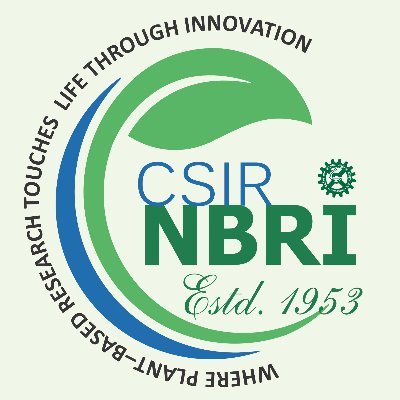IUBS
International Union of Biological Sciences (IUBS) was established in 1919 as a non-
governmental and non-profit organization comprising of National Academies and
International Scientific Associations and Societies. The mission of IUBS is to unify biology
through diversity.
International Union of Biological Sciences (IUBS), is a non-governmental and non-profit
organization comprising of National Academies and international scientific Associations and
Societies. IUBS provides a global platform for cooperation and interaction among scientists from
all disciplines and nationalities to promote research, training, and education in biological
sciences, while advocating access and benefit-sharing of knowledge and resources. IUBS
currently unites more than 110 national, scientific, and institutional members through three types
of membership: Ordinary (National), Scientific and Associate.
International Society of Environmental Botanists (ISEB) is Scientific Member of IUBS in the
category “Ecology & Environmental Biology” since 2004. Each scientific member has one
vote in the General Assembly which is one of the two governing bodies of IUBS.
For more details : http://www.iubs.org
IUBS PROJECT
Environmental Education and Climate Change Adaptation
Science of Pollution-Tolerant and Climate Resilient Plants
ISEB in collaboration with CSIR-NBRI submitted a project “Environmental Education and
Climate Change Adaptation: Science of Pollution-Tolerant and Climate Resilient Plants” to
IUBS for funding under the IUBS Scientific Programmes Triennium 2019-2022. Dr. Vivek
Pandey, one of the leader of the project presented the project at IUBS Centenary and
Conference which was held at Oslo, Norway from 30 July to 2 nd August 2019. The project
grant to implement the project was approved on 21 st July, 2020.
The project aims to develop capacity for screening pollution tolerant and climate resilient
plants for climate change adaptation at local level, as well as to enhance awareness on climate
change adaptation strategies.
Leader(s): India – S.K. Barik, N.Singh, R.D. Tripathi, V. Pandey, A. Raghvendra; Germany –
S.Saha; Mexico- M.A.H. Campos; U.S.A. – T. Lumbsch, O.P. Dhankar; Nepal – N.K.
Agarwal; Finland – E.Oksanen; China – X. Wei; Bangladesh –M. Hasanuzzaman, Spain –
P.K. Diwakar; Ecuador – J.P.S. Chacòn.
IUBS Scientific Member Organisations involved in the project:
- International Society of Environmental Botanists, India (ISEB)
- International Association for Lichenology, USA (IAL)
Climate change is bringing new uncertainties and adding new risks. One of the most effective
ways to adapt to climate change would be to use crops resilient to climate change. Plant traits
that enable the species to tolerate current and future climate change include, morphological
and histological characters, physiological parameters, and attributes associated with life cycle
events, often referred to as ‘plant functional traits’. Based on these morphological and
functional traits climate smart crop varieties including medicinal and aromatic plants will be
selected. Pollution resistant/ameliorating plant species will be screened based on the Air
Pollution tolerance Index developed by CSIR-NBRI.
Education materials on the effect of air pollution on indicator lichen species will also be
prepared. All these above activities will be undertaken for the college science teachers and
researchers through adequate training. The project will not only raise awareness among the
college teachers and researchers about the science of climate change and its consequences,
but will also make them partners in mitigating the air pollution and climate change
adaptation. Through the capacity building of the teachers, the project intends to achieve the
quality environmental education for students on climate change science and action.
The Objectives of the project are:
- To understand science of pollution tolerant and climate resilient plant species.
- To develop simplified methods for screening pollution tolerant and climate resilient crops.
- To select pollution-tolerant and climate-resilient plants in different climatic and edaphic environments.
- To develop e-books and e-documentaries for environmental education.
Detail of Project and Action Plan for 2020-2022
Project Activities
Country Level Workshop October 20-21, 2022
Initiation Workshop December 28, 2020


